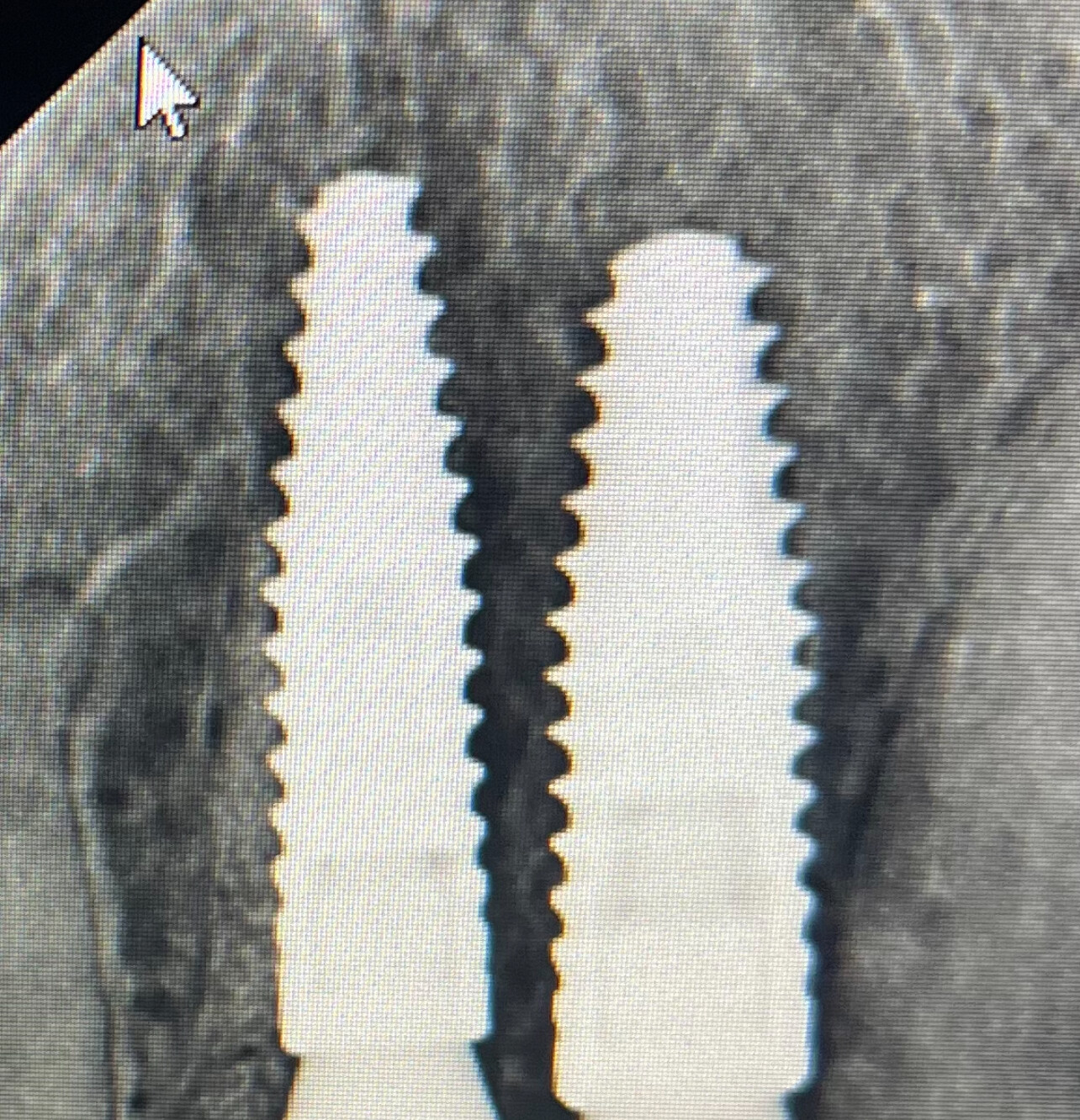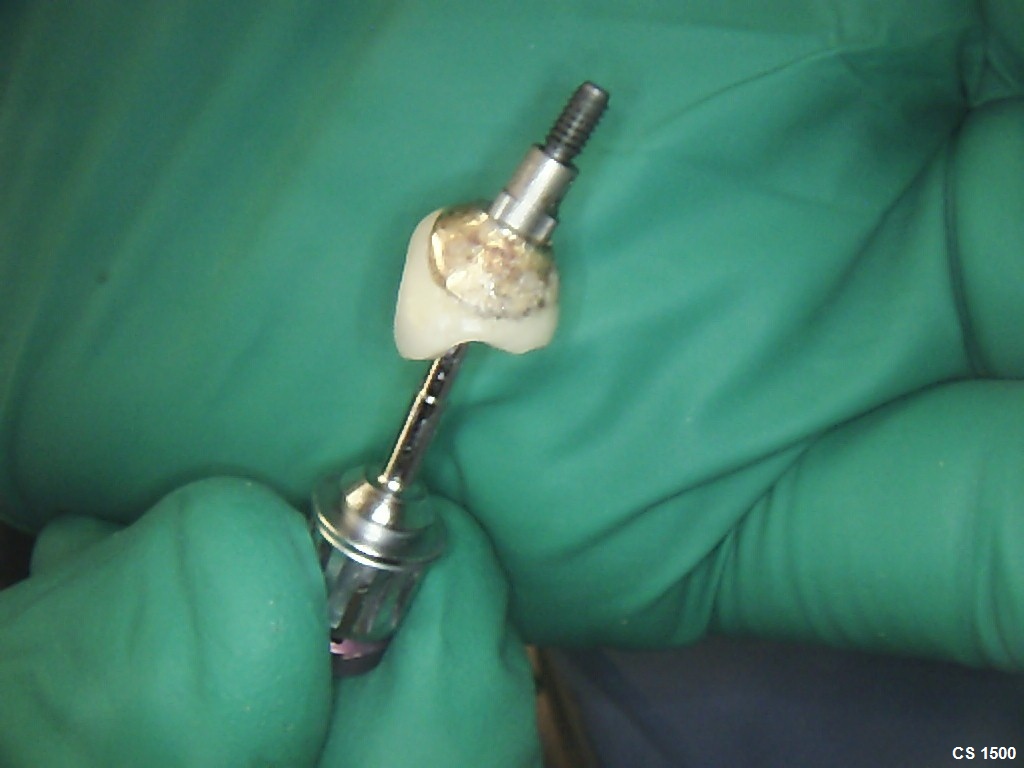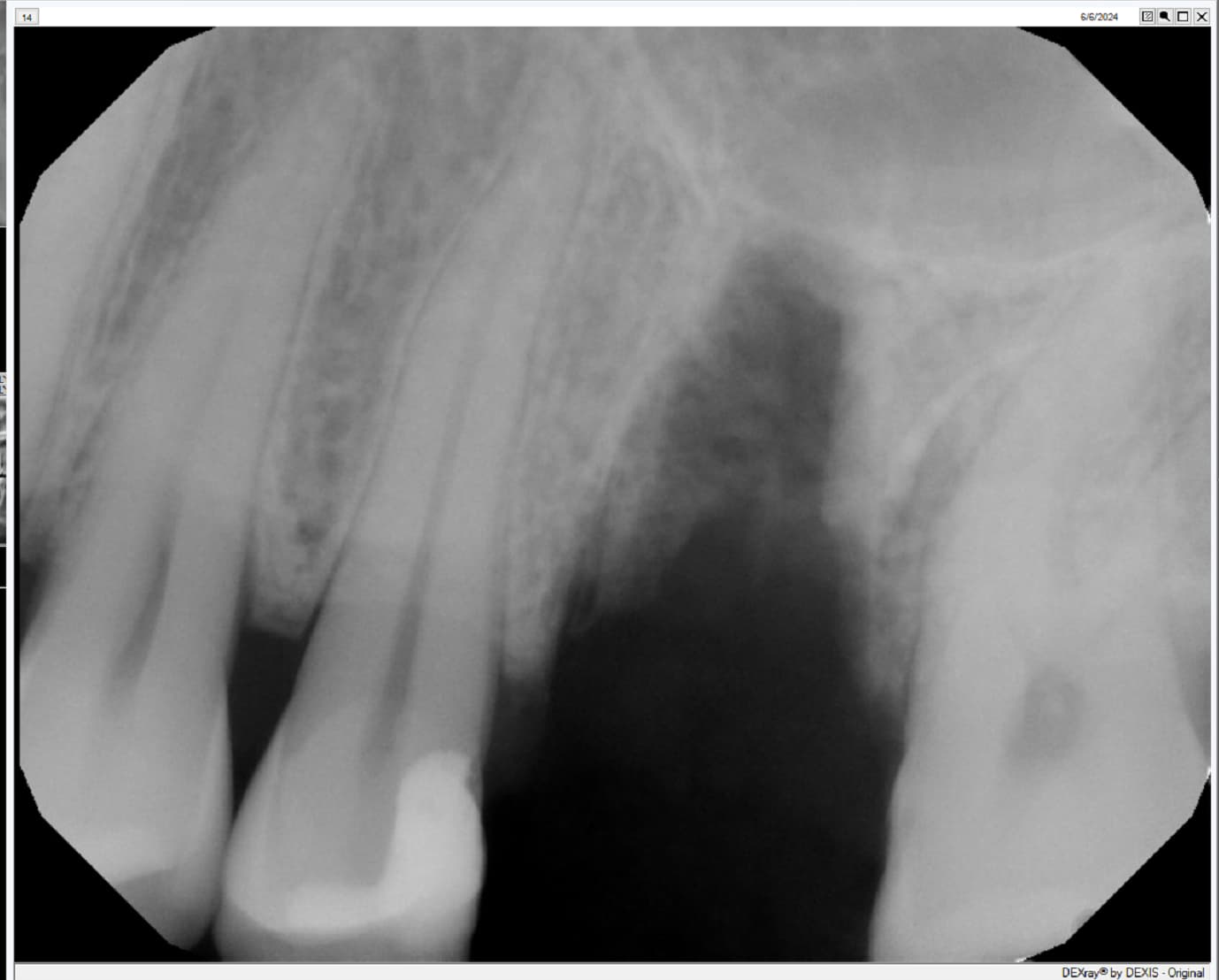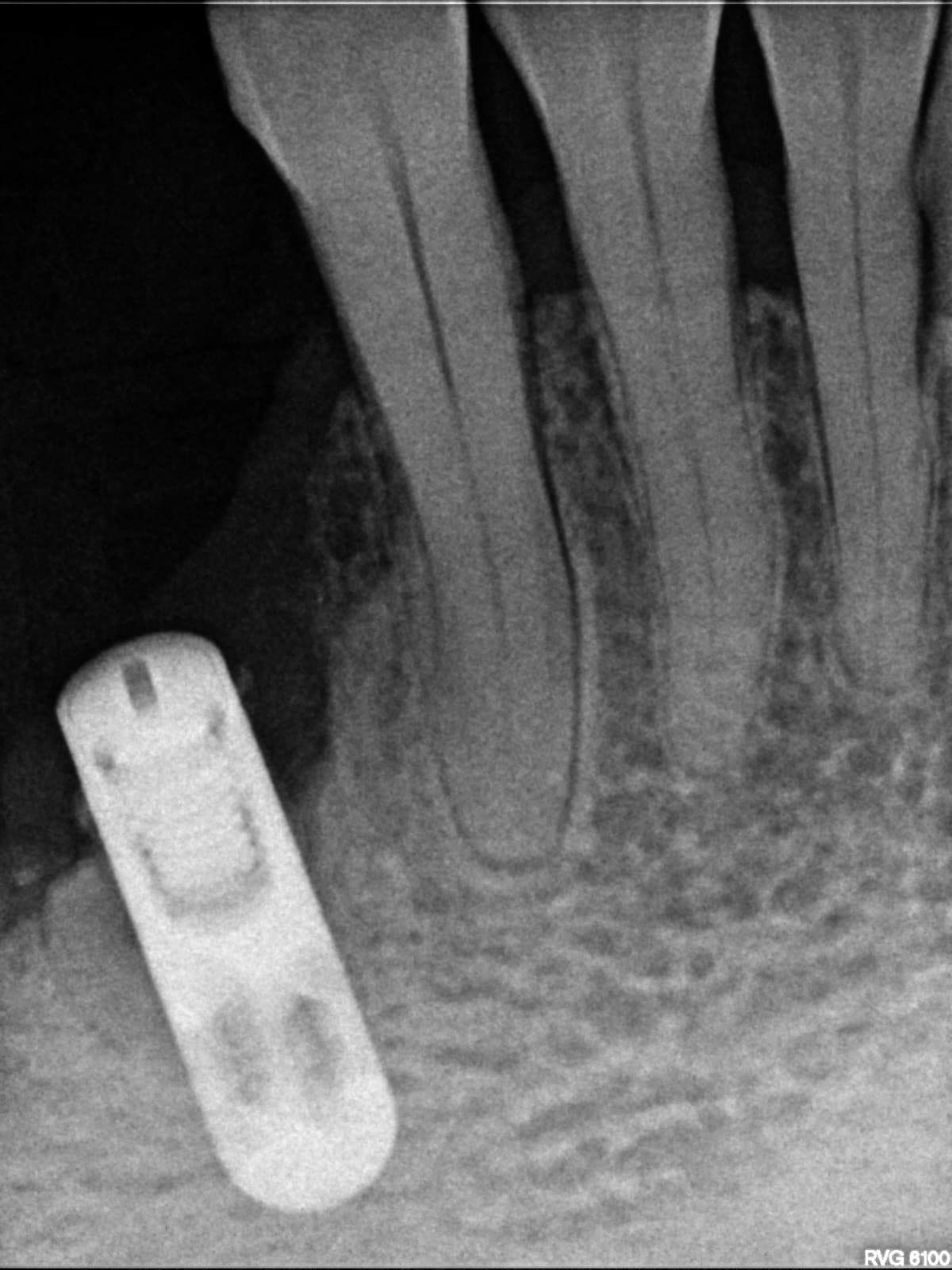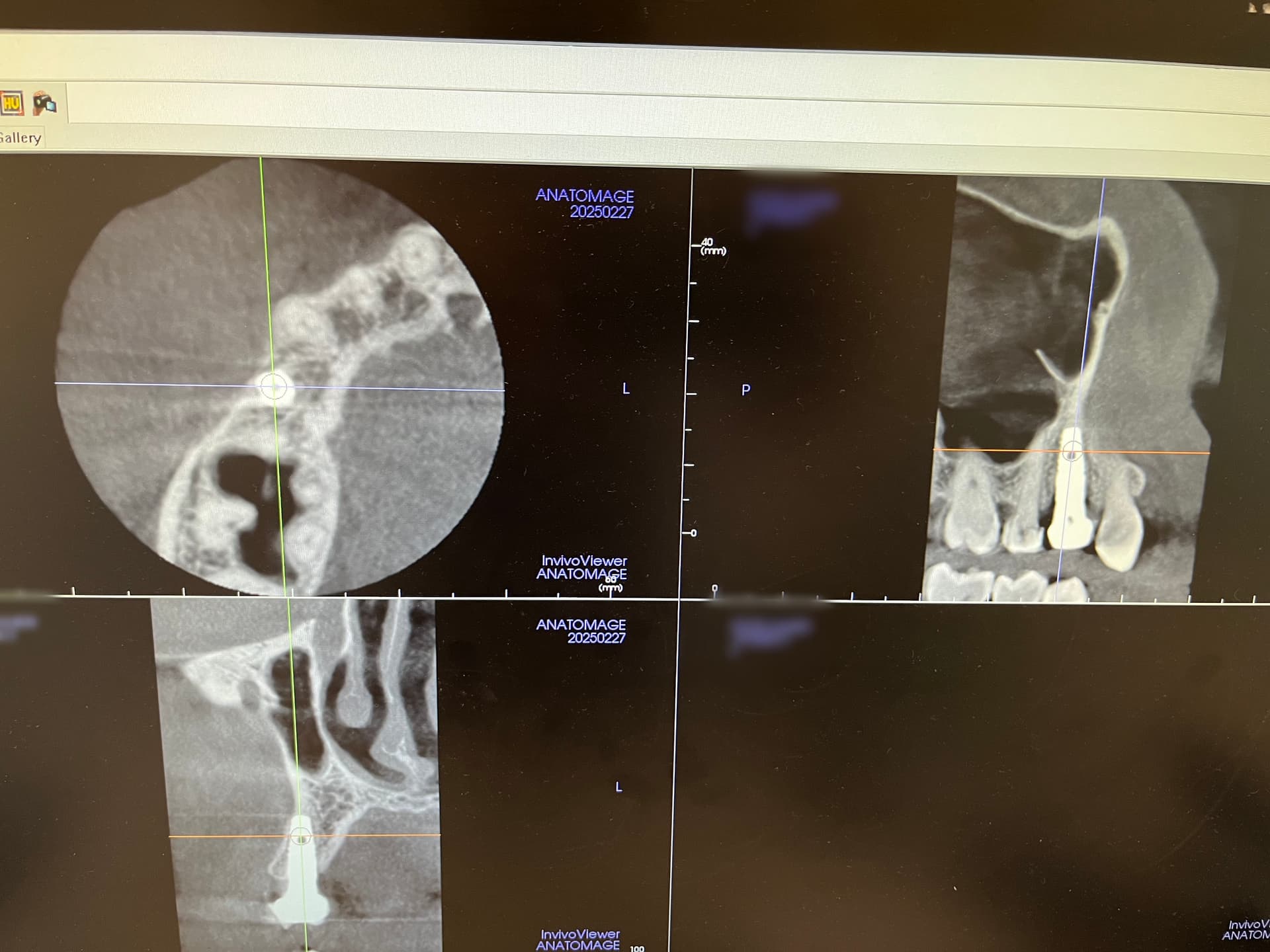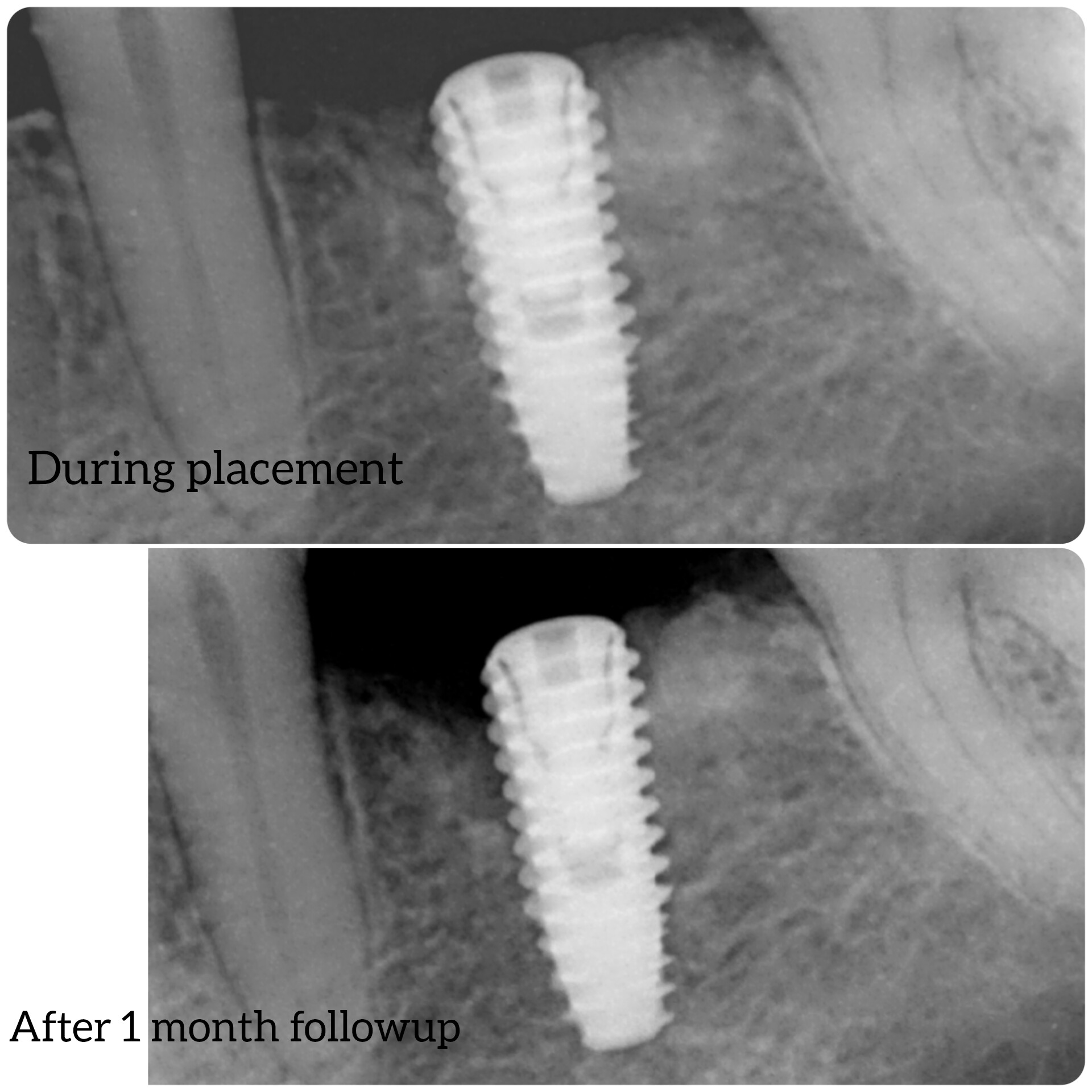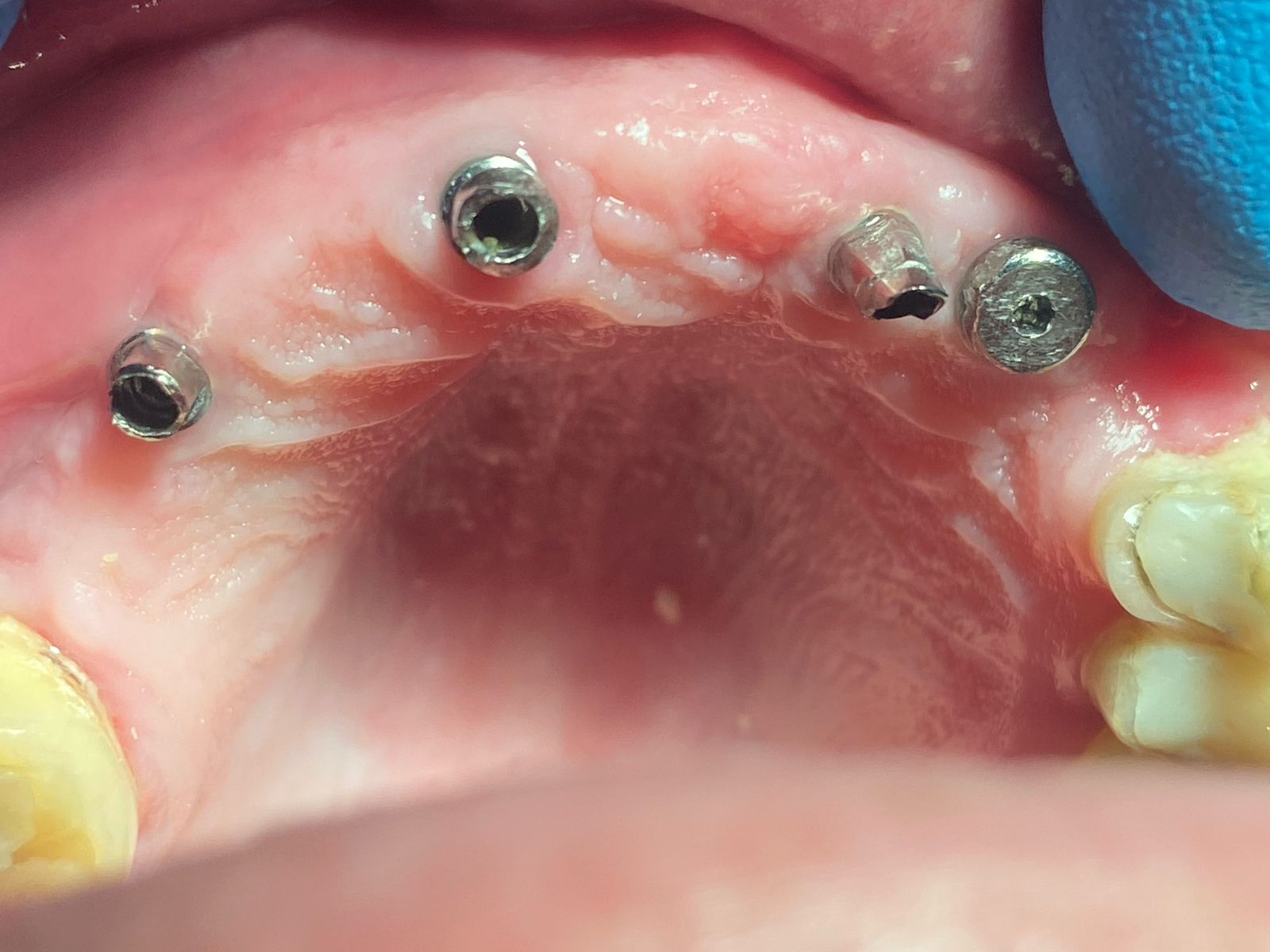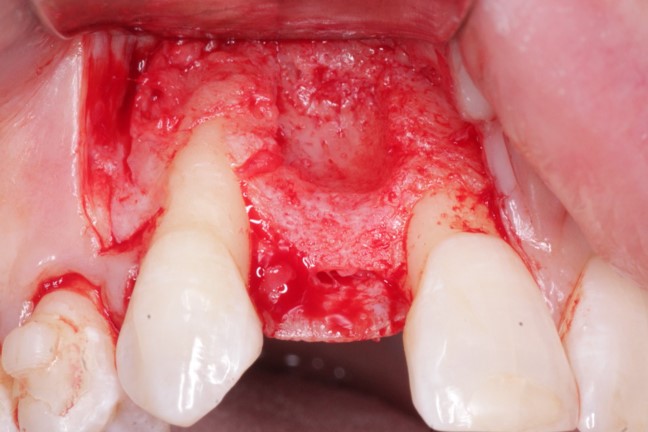Implant Supported Upper Dentures Not Passive: What Can I Do?
I have 5 dental implants that were done by an oral surgeon to support upper dentures (bar-retained dentures). The surgeon did not use CT guided implant placement tools. The problem now is that the bar-retained dentures are “not passive” and the attendant strain is causing screw loosening. I’ve also had an implant break because of this and it has since been replaced. What can I do? Can I get a new upper denture fabricated? Can a CT be taken now to make a mold of my upper jaw to facilitate creating an appropriate new denture?
2 Comments on Implant Supported Upper Dentures Not Passive: What Can I Do?
New comments are currently closed for this post.
Michael E. Corsello DMD
11/25/2015
Obviously this case has some fatal flaws. CT planning is not mandatory but very useful. The vast majority of oral surgeons are not trained in prosthetics and therfore are not going to comprhensively plan an implant case. Its like building a house, the contractor needs to have developed a comprhensive plan otherwise the sink (although very well plumbed) may end up in the hall. You have a serious problem when you start loosing implants and you need to see a credentialed dental implantologist to get this case corrected. My advice is to Visit ADIA.com, ICOI.com or AAID.com to find a dental implantologist who is experienced and knowladgable in implant surgery as well as prosthetics.Michael E. Corsello DMD
Dr. Carlos Boudet
11/25/2015
You say that the bar retained dentures are not passive, but there is the possibility that the bar itself is not passive. This is a common reason why screws loosen with bar cases. If the bar or bars are passive, then there could be some problem with the way the attachments are held in the denture that causes it not to fit passively. Replacing the offending attachment should correct the problem.
If you have had an implant break, I would be concerned about whether the denture or bar were designed with the propper engineering principles such as long cantilevers because these forces are usually greater.
Talk to your dentist about these concerns and try to determine the reason why these things are happening. Only then will you be able to do something to correct them.
Good luck! Dr. Carlos Boudet










